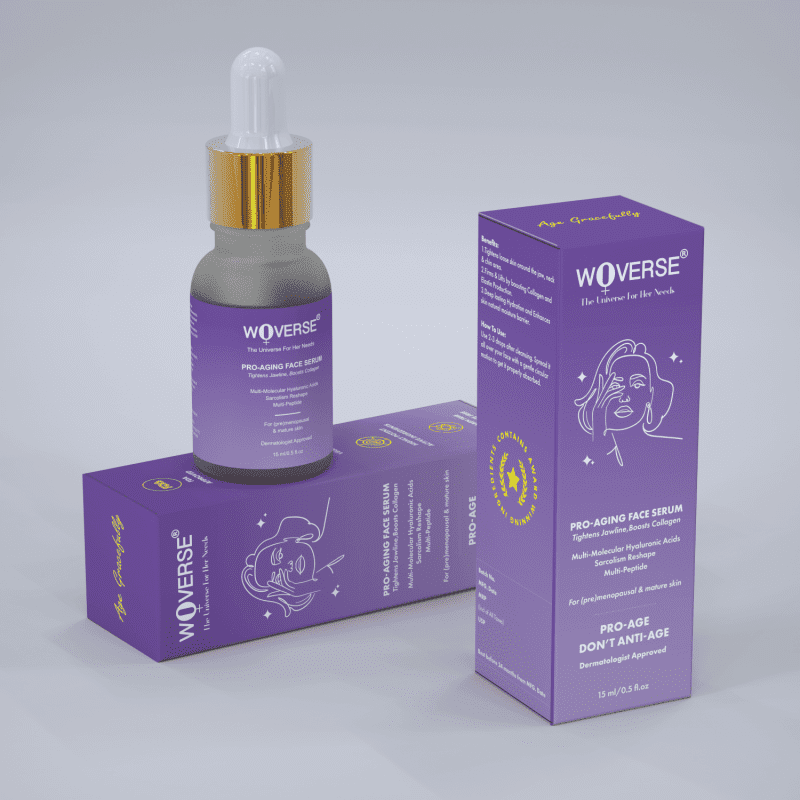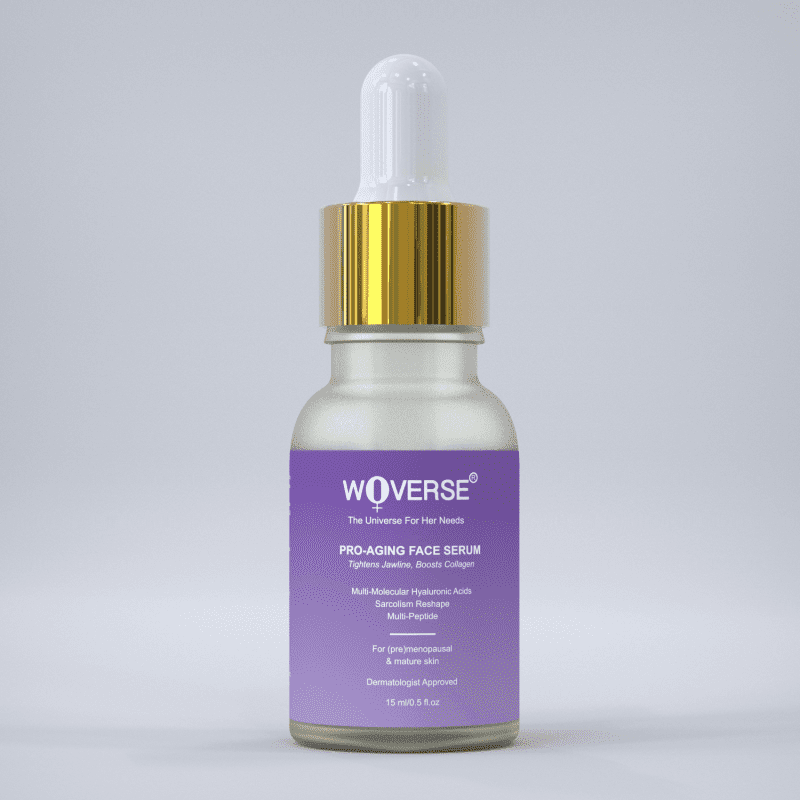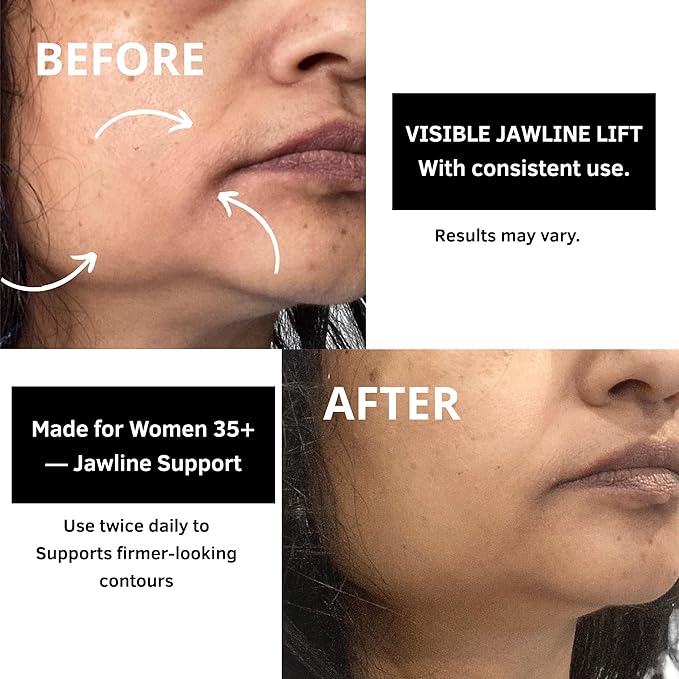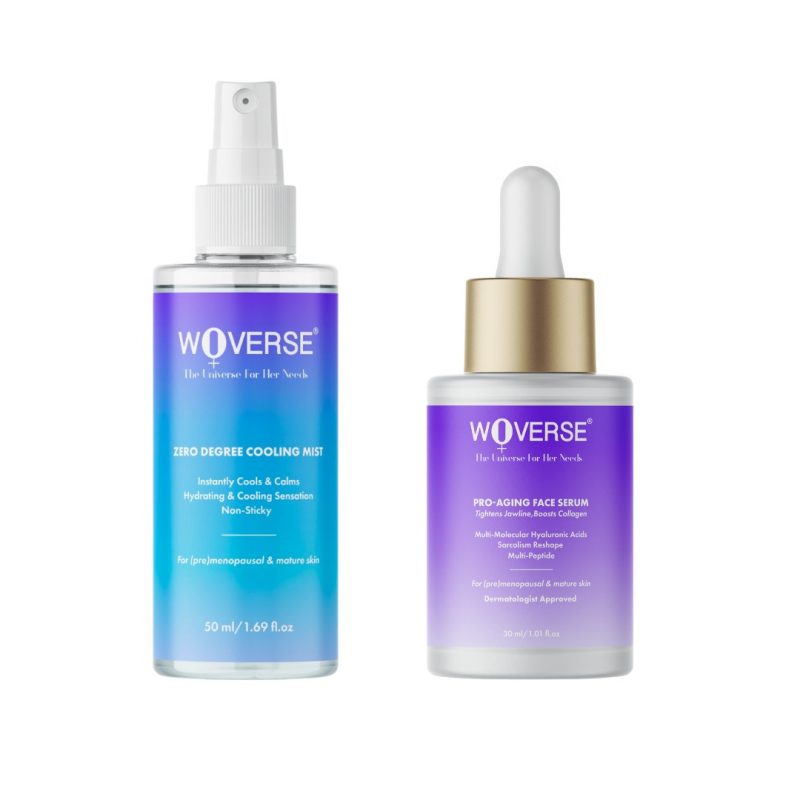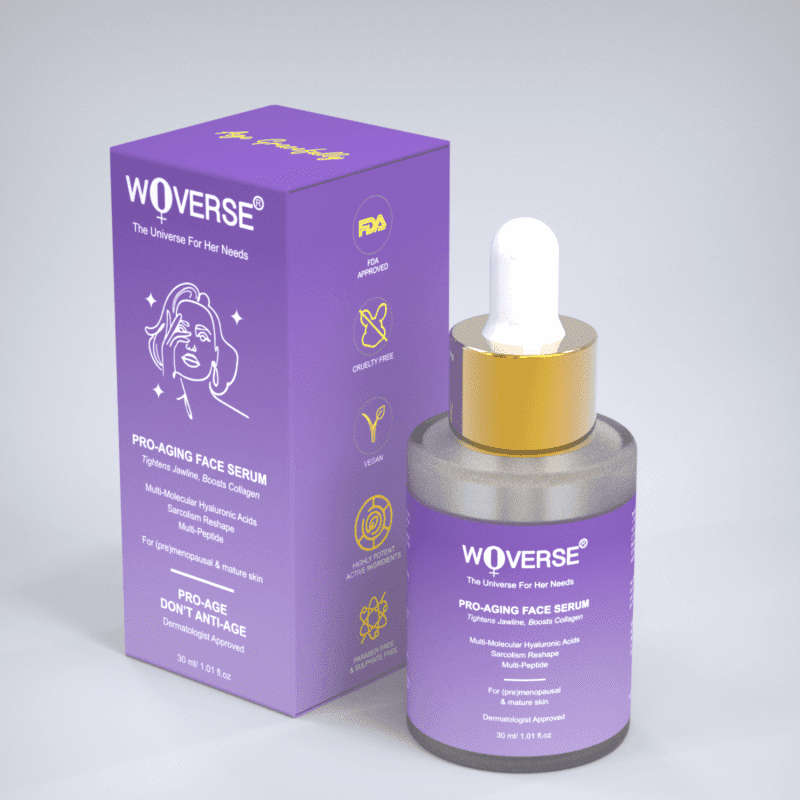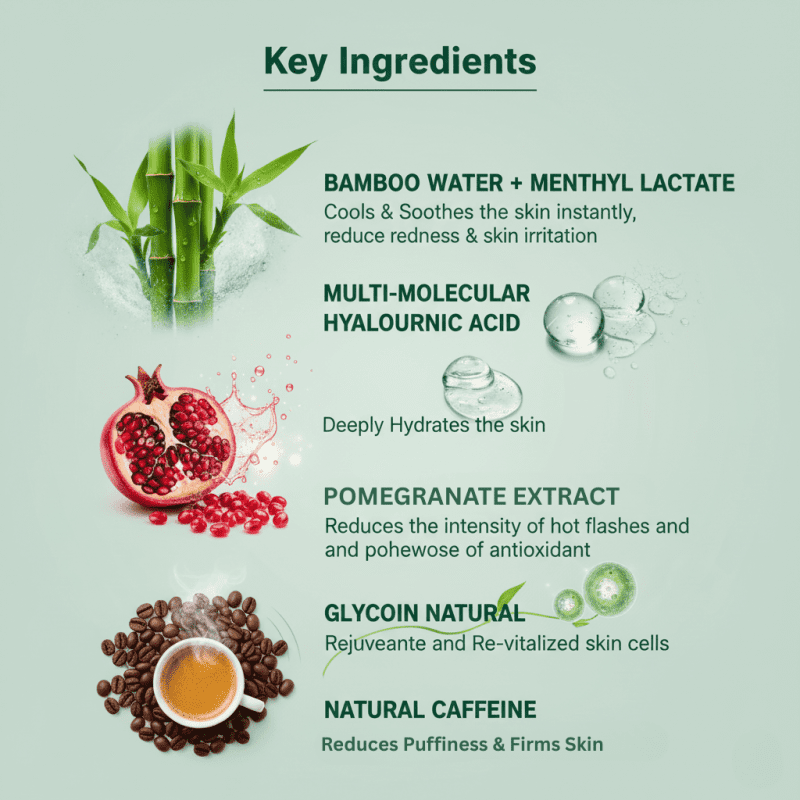Menopause Symptoms and Solutions Tailored for You.
Menopause marks the end of a woman’s menstrual cycles and is a natural biological process. It typically occurs in women between the ages of 45 and 55, though it can vary. At Woverse, we believe that understanding menopause is essential for managing the changes it brings.
Welcome to Woverse, where we provide expert insights into menopause symptoms and solutions. We’re here to help you understand and manage the changes during this natural phase of life with confidence and ease.
Products and Resources for Menopause Relief
At Woverse, we offer products designed to address common menopause symptoms. Our Hot Flash Mist instantly cools and refreshes, while our Pro-Aging Serum helps maintain skin health during this transitional time. Learn more about our menopause solutions here.
Common Menopause Symptoms and How to Manage Them
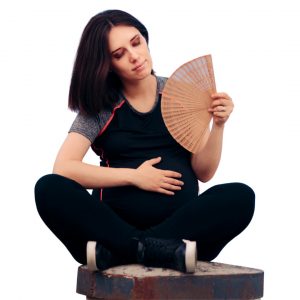
Hot Flashes
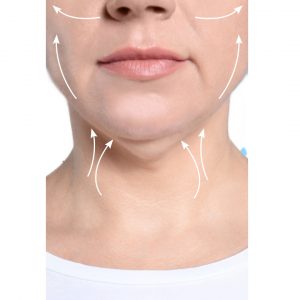
Jowls & Loose Skin
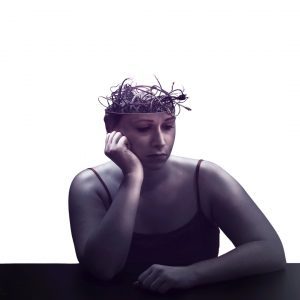
Brain Fog
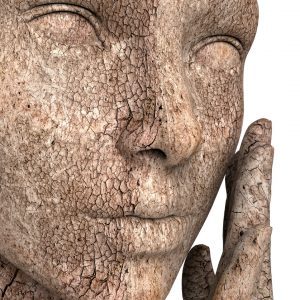
Dry Skin
Fluctuating hormones during menopause can lead to various skin issues, including dryness, dullness, and increased sensitivity. In this article, we will explore the different stages of menopause, discuss the impact on menopausal skin, and provide valuable skincare tips to help women maintain healthy and radiant skin throughout this transformative phase.
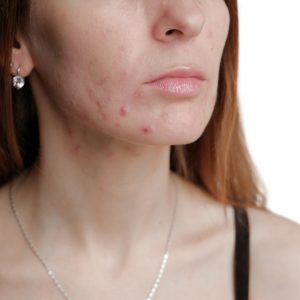
Facial Acne
Amidst menopause, acne typically arises due to fluctuations in hormonal levels. With the decrease in estrogen levels, the influence of androgens, male sex hormones, becomes more pronounced. Androgens foster an increase in the production of sebum, which is the skin's natural oil.
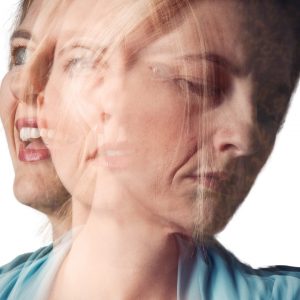
Mood Swings
For some of us, the emotionally bumpy ride that is menopause comes complete with mood swings that have you blubbering one minute, pissed off over dishes left in the sink (again!) the next, and having a full-blown panic attack over thoughts you were once able to manage more easily
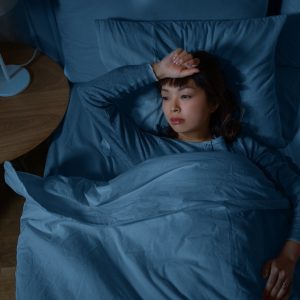
Sleep Troubles
You’re tossing and turning and suddenly that early bedtime you planned for is no longer in the cards. Or, maybe you did fall asleep early but it’s now 3:00am and you’re wide awake. Or you’re up at changing your pajamas and the sheets because you’ve had a dreaded night sweat.

Irregular Periods
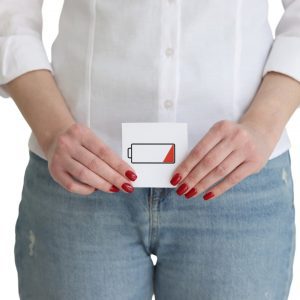
Low Libido
Not in the mood? When estrogen and testosterone levels decrease, it can become more difficult to get aroused. Vaginal dryness, vaginal atrophy and painful sex are factors here too. Add in insomnia, hot flashes, fatigue, and weight gain, and you have a really romantic evening ahead of you. Ha!
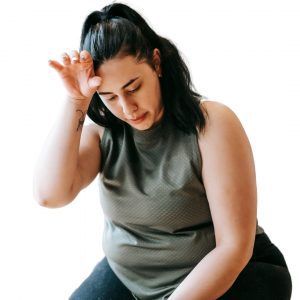
Fatigue & Tiredness
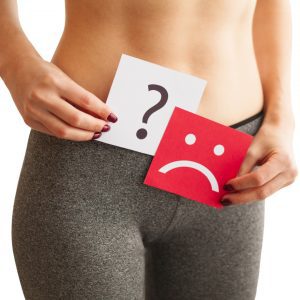
Vaginal Dryness
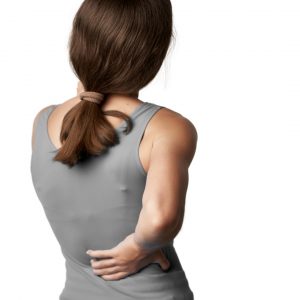
Joint's Pain
Painful, achy joints primarily in the knees, hips and shoulders is a very common complaint after menopause. Estrogen binds directly to estrogen receptors on tissues in the joints. (Yes, estrogen receptors are everywhere!) The presence of estrogen is thought to have a protective effect in the joints
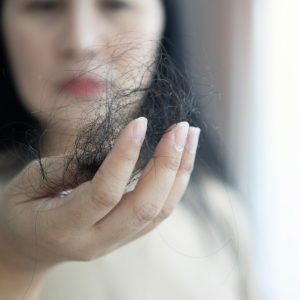
Hair Loss & Thinning Hair's

Menopausal Rage
Menopause rage can be defined as an intense surge of anger or frustration brought on by the hormonal fluctuations associated with this stage of life. This can manifest itself in both verbal and physical forms, such as raised voices, excessive crying or shouting, aggressive behavior, or even violent outbursts.
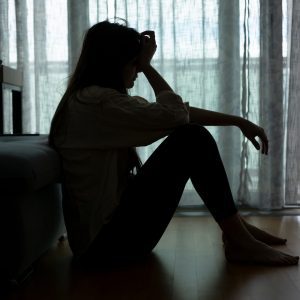
Anxiety & Depression
Anxiety is a common symptom of menopause affecting 15–50% of perimenopausal and postmenopausal women. Hormonal changes, life changes, and sleep disturbances during menopause can cause anxiety. Anxiety can occur at any stage of menopause, including during perimenopause, and can start suddenly or slowly creep up
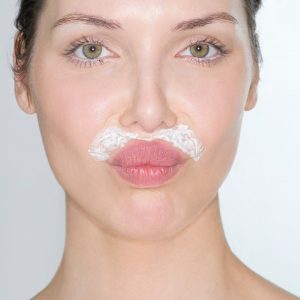
Facial Hair
During menopause, a woman's body stops circulating estrogen but continues to circulate the same amounts of testosterone. The imbalance of hormones causes the appearance of some male secondary sex characteristics, like coarse facial hair.
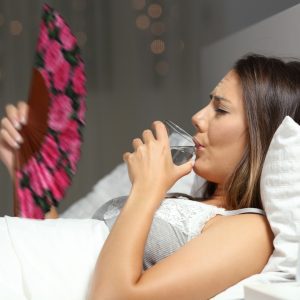
Night Sweats
You’re lying in bed in totally soaked through pajamas. Hello, night sweats. Estrogen helps tell our brain how to regulate our internal thermometer. As our levels fluctuate during perimenopause and menopause, our “thermoneutral zone” narrows, prompting our body’s thermostat to overreact to the slightest change in temperature.

